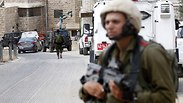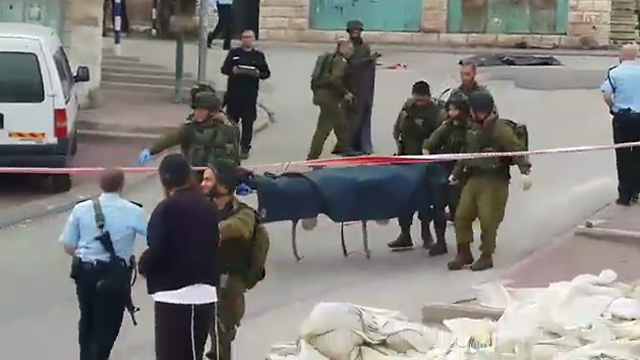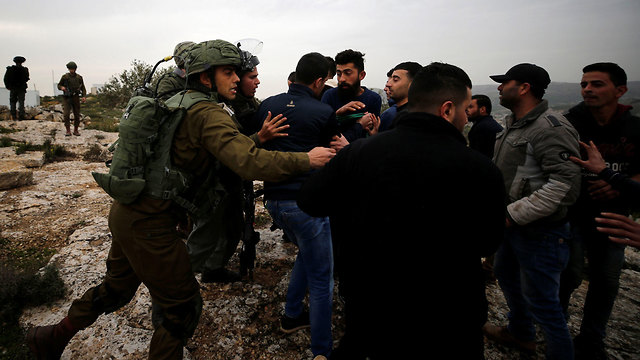

Photojournalists don’t create reality, they document it
Op-ed: IDF soldiers operate in the heart of a civilian population, creating constant friction. We photojournalists film what is happening from a reasonable distance without getting in their way. We aren’t part of Breaking the Silence, B’Tselem or Im Tirtzu. We don’t care about those organizations. What we care about is documenting reality as it is.
I have been fulfilling my dream for the past 10 years as a photojournalist. And let me tell you: It’s a difficult and ungrateful profession. I’m not just talking about the technology that has flooded the market with infant camera holders or those who pull out their phones at the opportune moment and think they know the profession, but also about security guards, policemen and soldiers who tell you what you can or can’t take pictures of, and where you can or can’t stand, although they are unfamiliar with the law either.
On Sunday, I heard that Knesset Member Robert Ilatov initiated a law seeking to bar the filming and photography of IDF soldiers. I don’t think he thought this law through. Personally, I find it completely illogical.
First of all, if it is forbidden to film soldiers, what will they do with the security cameras that regularly document them? Will they be put in prison too? What’s the difference between a person holding a camera and a camera hanging on the wall? After all, they both document what they see.
Second, if it is forbidden to take pictures of soldiers on duty, it shouldn’t be limited to violations of the law in the territories. We photojournalists won’t take pictures of them receiving certificates of merit on Independence Day, participating in Memorial Day ceremonies or engaging in activities which the IDF spokesperson has been inviting us to film and has been encouraging us to document. Why should you only know about what the state conveniently allows you to see?
The security forces, including IDF soldiers, operate in the heart of a Palestinian civilian population, creating constant friction. We photojournalists film what is happening from a reasonable distance without getting in their way. We are not part of Breaking the Silence, B’Tselem or Im Tirtzu. We don’t care about those organizations. What we care about is documenting reality as it is.

I’m far from being left-wing, but my personal views are completely irrelevant to my work. The only relevant thing is to provide decent coverage of the facts as they are, without beautifying the situation and without faking it.
It is my opinion, therefore, that the Elor Azaria incident had to be documented and that the authorities had to be the ones to decide if he had acted lawfully or not. Just like in the Bus 300 affair—documentation doesn’t create a reality, it merely leads to its clarification.
A world without real, free and neutral journalism is an insane world. Let’s protect our country from the darkness, because “I have no other country, even if my land is aflame.”
















